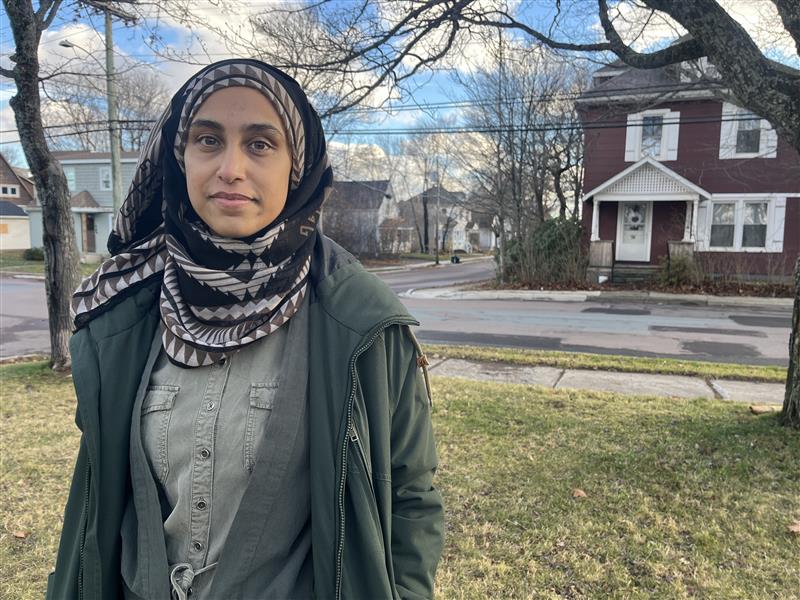Elections Canada says voting services in Nunavik during the spring federal election were “significantly hindered” by a lack of planning and oversight that caused some polls to close early.

Following the April 28 federal election, Elections Canada acknowledged that some voters in Nunavik were unable to cast ballots because a shortage of staff led to polls closing well ahead of schedule.
In a report released Thursday, Elections Canada said the returning officer’s plan didn’t include meaningful engagement with local communities.
“Although this approach deviated from Elections Canada’s expectations, it was approved by headquarters,” the report said.
“Most pre-event activities related to outreach in the northern communities were not completed, further limiting local involvement and undermining service delivery.”

Get daily National news
Get the day's top news, political, economic, and current affairs headlines, delivered to your inbox once a day. Sign up for daily National newsletter Sign Up By providing your email address, you have read and agree to Global News' Terms and Conditions and Privacy Policy.Elections Canada said the returning officer in the riding of Abitibi-Baie-James-Nunavik reported community leaders were not consulted on the voting services that would be offered, which led to difficulties in recruiting poll workers.
Story continues below advertisementThe inquiry found “important gaps” in preparations for the elections, and said managers weren’t kept in the loop on problems.
“As a result of receiving reduced or, in some cases, no voting services, many electors in Nunavik were either denied the opportunity to vote or faced major barriers in exercising their right to vote,” the report found.
Elections Canada said six communities received no advance voting services, while seven had only partial access.
And on election day, two communities had no voting services, seven had partial services and five had full services.
Trending Now-
![]() Hazardous snow squall warnings blanket southern Ontario
Hazardous snow squall warnings blanket southern Ontario
-
![]() Man charged after $1M lottery winnings from ‘group arrangement’ claimed for himself: police
Man charged after $1M lottery winnings from ‘group arrangement’ claimed for himself: police
- Guilbeault won’t resign from Cabinet over pipeline deal, government source says
- Carney, Smith sign pipeline deal, open door to changing B.C. tanker ban
- Alberta-Ottawa pipeline accord unlikely to be ‘champagne-popping moment:’ Enserva CEO
- Nova Scotia to sell last of U.S. booze pulled from shelves, giving profits to charity
Elections Canada says the issues in Nunavik during the election point to broader problems and it’s working to reduce barriers for Indigenous voters.
Ninety per cent of people living in Nunavik are Inuit, and most citizens speak Inuktitut.
During a trip to Kuujjuaq in northern Quebec in September, Chief Electoral Officer Stéphane Perrault apologized to the Kativik Regional Government in Quebec for problems community members faced while voting.
Elections Canada officials travelled to four northern villages in Nunavik, where community leaders told them their members were frustrated and confused.
The report lists several recommendations, including for the returning officer to engage more with the community, be more accountable and implement a formal escalation protocol.
Story continues below advertisementIt also calls for dedicated teams with knowledge of the realities of Indigenous and northern communities to help returning officers plan and execute elections.
Elections Canada agreed to implement the recommendations by next spring.

 Hazardous snow squall warnings blanket southern Ontario
Hazardous snow squall warnings blanket southern Ontario
 Man charged after $1M lottery winnings from ‘group arrangement’ claimed for himself: police
Man charged after $1M lottery winnings from ‘group arrangement’ claimed for himself: police
 Proposed class action lawsuit filed over Cowichan land dispute
Proposed class action lawsuit filed over Cowichan land dispute
 Global Okanagan News at 5:30: Nov. 26
Global Okanagan News at 5:30: Nov. 26
 Investigation into the death of Rowan Hamilton
Investigation into the death of Rowan Hamilton
 Hegseth threatens to court martial Mark Kelly as FBI investigates Democrats’ military video
Hegseth threatens to court martial Mark Kelly as FBI investigates Democrats’ military video


